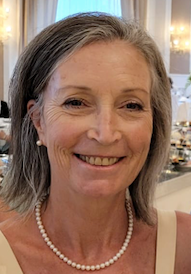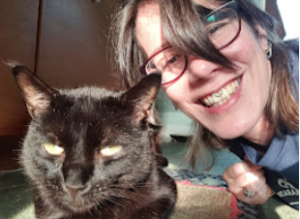Finding Your Space

‘There is no gate, no lock, no bolt that you can set upon the freedom of my mind.’
― Virginia Woolf, A Room of One’s Own
Some people can write anywhere, in coffee shops, in hotel reception rooms, in parks on a sunny day, or wherever they find themselves in their free time. However, this kind of freedom is not universal, and many people find themselves restrained by their emotional and occupational responsibilities and a lack of physical space.
I have been a better writer since I have had an area to write and keep my writing tools, such as my books, notepads, computer (with two screens), printer, large desk, and comfy chair. These are all things that I find are necessary for me to get anything worth reading written. However, I have only had this space since one of my children moved out. Before then, I would set up my computer wherever I could, in the kitchen, in the garden, on the sofa. The problem was that people would be in and out, the television would come on, the door would ring, and my thoughts and writing would be continually interrupted. Being a writing nomad led me to waste precious time. I was constantly losing things, and the disturbances would make me lose my thread and procrastinate. I would usually have to go back to the beginning and start again. Another, probably more serious, issue of not having a proper place to write was that the inadequate seating gave me back problems. Nowadays, I have an ergonomic writing chair, but alas, the damage is done, and so I urge you younger academics not to take your health for granted.
Unfortunately, it is not easy to find a solution to this issue. Years ago, I cleared out a tiny store-room/cupboard and used that, but the lack of windows gave me a headache. I know other people who have done the same thing. Rowena Murray suggests that it might be more productive learning to write at the doctor’s, dentist’s, on a coffee or lunch break and so on. Tara Brabazon agrees that we do not need expensive equipment, but we do need our own space. Virginia Woolf highlighted this issue in 1935 with her iconic essay A Room of One’s Own, which pointed out the difficulties many women had both metaphorically and physically relating to the lack of independence and physical space. Society has changed since then, but privacy is still an issue for many people.
My question is, how and where do other people write? How many people can genuinely compose their thoughts and create wherever they find themselves? It would be great if other people could share their ideas and experience on this matter.
Dr Lesley Fearn @lesleyfearn



 Selina Griffin @Psylina
Selina Griffin @Psylina